
Babies and Body Temperature
Babies are very sensitive and delicatebeings. As such, their bodies are prone to many changes on a dailybasis. Parents usually get very worried when their baby suffers froman increased body temperature. However, even though this is a reasonfor concern and should be looked into as soon as possible, there isno room for panic.
Namely, physical activity, emotions,thick clothing, room temperature and many other factors may increasethe baby's body temperature, without jeopardizing theirhealth. Moreover, babies tend to undergo variations in their bodytemperature during the day, and parents, as well as caretakers, needto be aware of this.
Nevertheless, there are certain limitsto these, normal, temperature variations. Unfortunately, sometimes, asudden increase or decrease of body temperature may be a bad sign.
Optimal Baby Body Temperature
Your baby is likely to have a lowertemperature as soon as he/she wakes up in the morning. However, it isbound to rise a bit after the baby is fed. Yet, 36 degrees Celsius or98.6 degrees Fahrenheit is considered normal and optimal. One or twodegree variation can be tolerated, if the conditions the baby is injustify them.
A Cause for Concern
Babies almost never have low bodytemperature. Thus, usually, this is a bad sign. So, be aware andreact timely if you notice that the baby's temperature has droppedbelow 96 degrees Fahrenheit. This could indicate an infection or,possibly, organ dysfunction.
On the other hand, if your baby feelswarm to the touch, or shows some strange symptoms of a healthcondition you are to react as soon as possible. Everything above 99.6degrees Fahrenheit is considered to be too high. Additionally, if thebaby is vomiting, crying, lacking appetite, or kicking, you may needto take him/her to the doctor's.
Using an ear probe is the best methodfor measuring your baby's body temperature. Even though a hightemperature is a sign of your baby's body fighting an infection orsome kind of a disease, you can seek medical opinion, making sureyour baby is safe. Additionally, know that teething and environmentalchanges may also lead to an increase in body temperature.
All in all, temperature variations arecommon with babies. However, these should be monitored instead ofignored. You need to pay attention to the symptoms going hand-in-handwith the fevers and react in case of any complications or signs of situation getting worse.


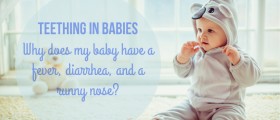
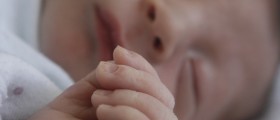
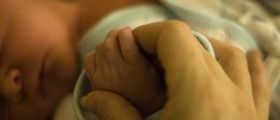
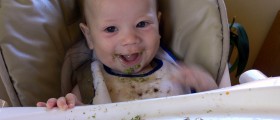
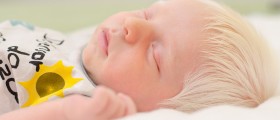
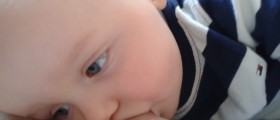
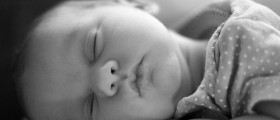
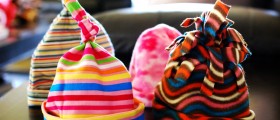

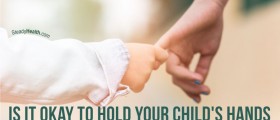
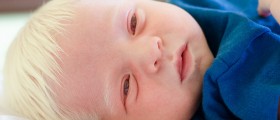
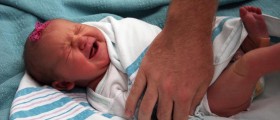


Your thoughts on this
Loading...